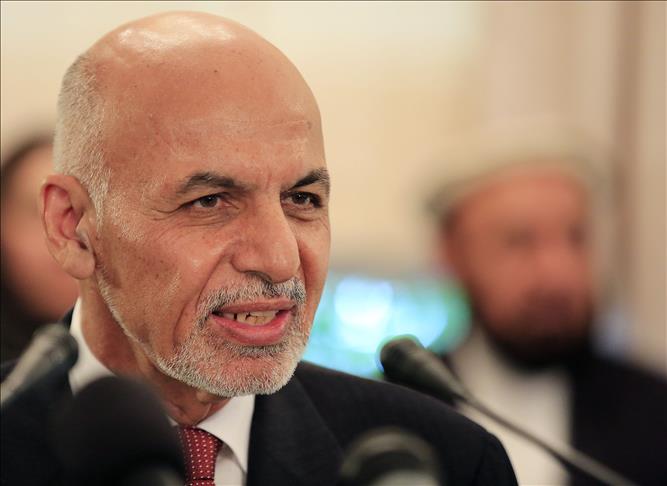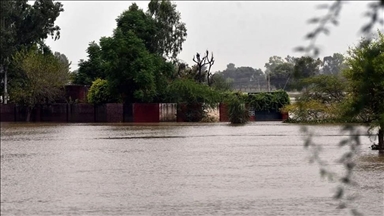
By Kaamil Ahmed, with reporting from Shadi Khan Saif in Kabul
KATHMANDU, Nepal
Printed on red banners draped throughout Nepal’s capital city of Kathmandu is the slogan “deeper integration for peace and prosperity.”
This theme for the meeting of South Asia’s leaders in Nepal this week resulted in only a single agreement for cooperation in energy distribution. It did, however, allow Afghanistan’s new President Ashraf Ghani Ahmadzai to continue his efforts to revive for Afghanistan’s fragile economy.
Ghani used his speech at the 18th summit of the South Asian Association for Regional Cooperation to pitch Afghanistan as a “fulcrum point within a regional network.”
“It will not be geography or history but economic ties that will determine the orientation, life chances and, therefore, the sense of identification of our young people,” said Ghani, noting Afghanistan could become “the Asian roundabout, where goods, ideas and people will flow in all directions.”
Ghani was not the only leader to espouse this point of view. At the summit’s preliminary meeting of foreign ministers, Afghanistan’s Zarar Ahmad Osmani spoke about using the country’s geographic position to “enhance regional connectivity as well as trade and energy flows between Central Asia and South Asia.”
The new Afghan president, a former World Bank economist, also actively pursued this policy in his meeting with India’s Prime Minister Narendra Modi.
According to Syed Akbaruddin, the spokesman for India’s Ministry of External Affairs, Ghani told Modi that India is “central to any prosperity in Afghanistan and he said that he would be interested in Indian investment in Afghanistan.”
“There was a discussion specifically on possible economic cooperation in terms of technology transfer in some specific areas,” Akbaruddin said at a press briefing in Kathmandu on Wednesday.
This focus on regional trade has worried some in Afghanistan, who are concerned it could make the country vulnerable to pressure from regional powers interested in its mineral wealth. The Afghan government estimates this to be worth up to $3 trillion.
South Asian neighbors India and Pakistan have long been competing for influence in the region, Pakistan primarily through political means and India with up to $2 billion in investment, according to a 2013 report by London-based think-tank Chatham House.
A former senior government official with the Ministry of Finance said Afghanistan cannot allow “too much relaxation” on trade from South Asia.
“Every country has to look to its own interests,” said the official. “Our interests lie in promoting our own products rather than allowing foreign goods, free of cost, to occupy the market here.”
Khan Jan Alakozy, Vice President of Afghanistan’s Chamber of Commerce and Industry, supported a more open approach.
“We cannot raise our tariff to the levels of, lets say, India or Pakistan,” he said. Alakozy believes Ghani’s policy of promoting regional business ties is positive for the Afghan economy.
He was doubtful, however, about whether the South Asian Association for Regional Cooperation could deliver for Afghanistan. Political differences between India and Pakistan, according to Alakozy, could undermine the region’s potential.
Anadolu Agency website contains only a portion of the news stories offered to subscribers in the AA News Broadcasting System (HAS), and in summarized form. Please contact us for subscription options.


